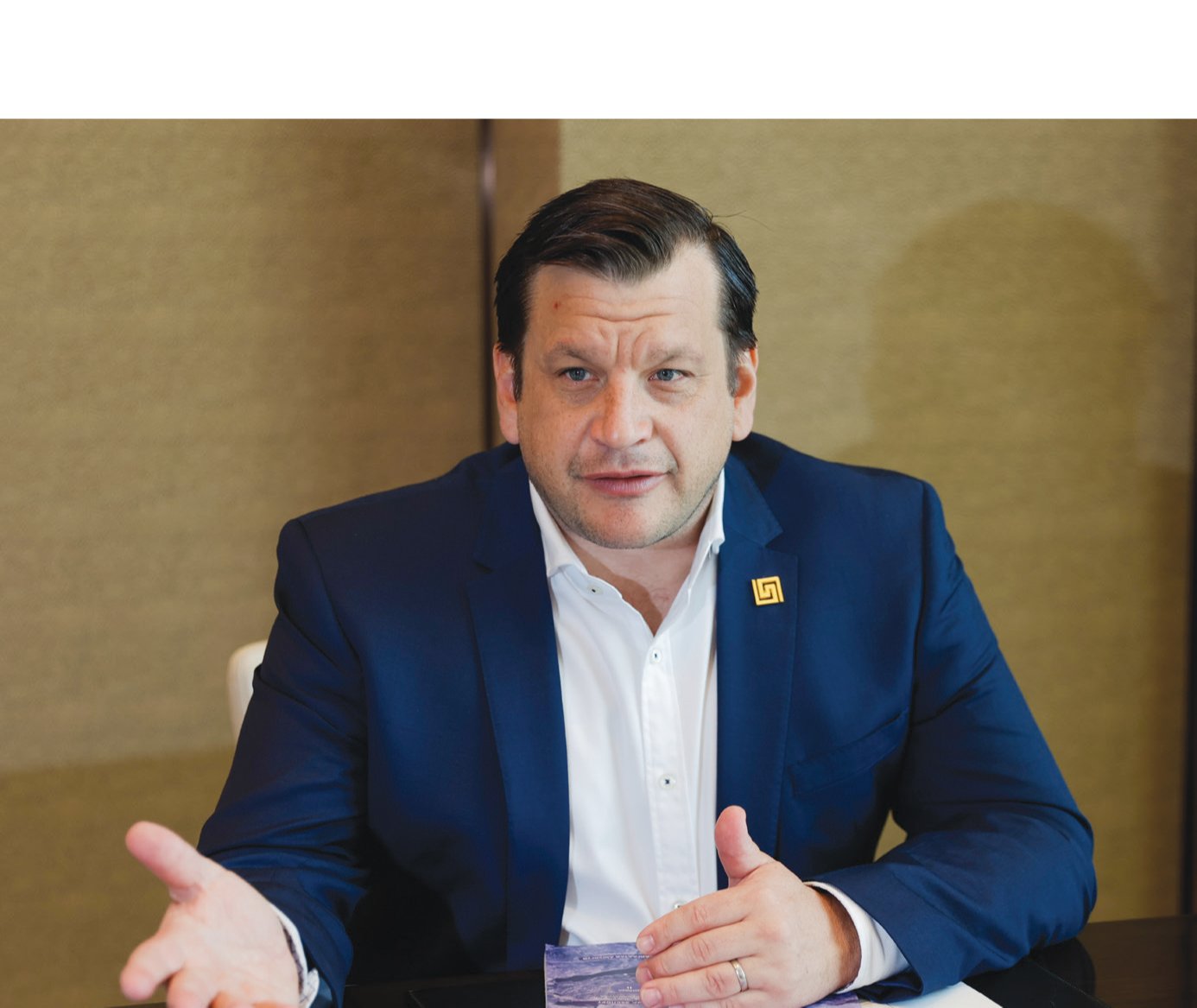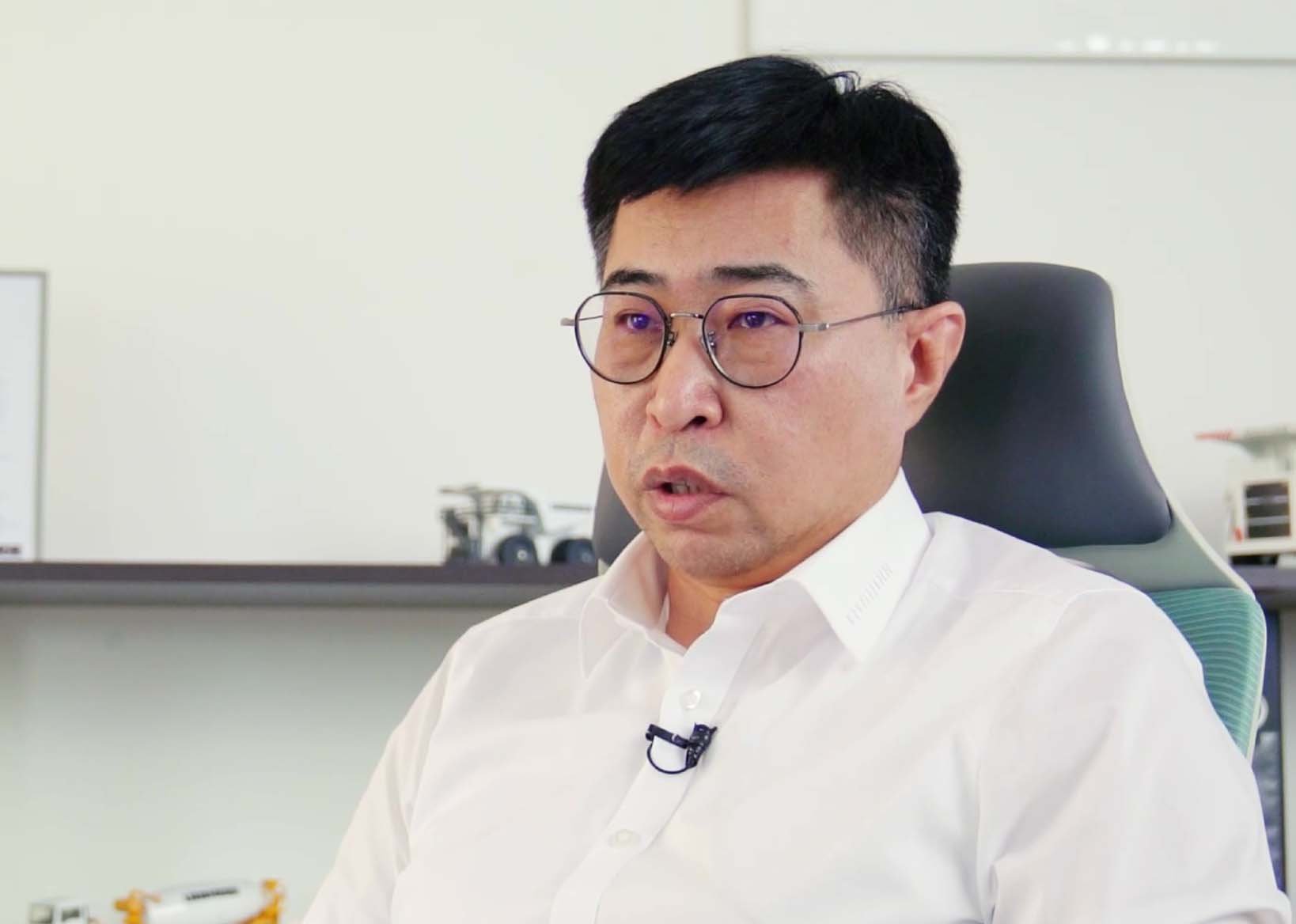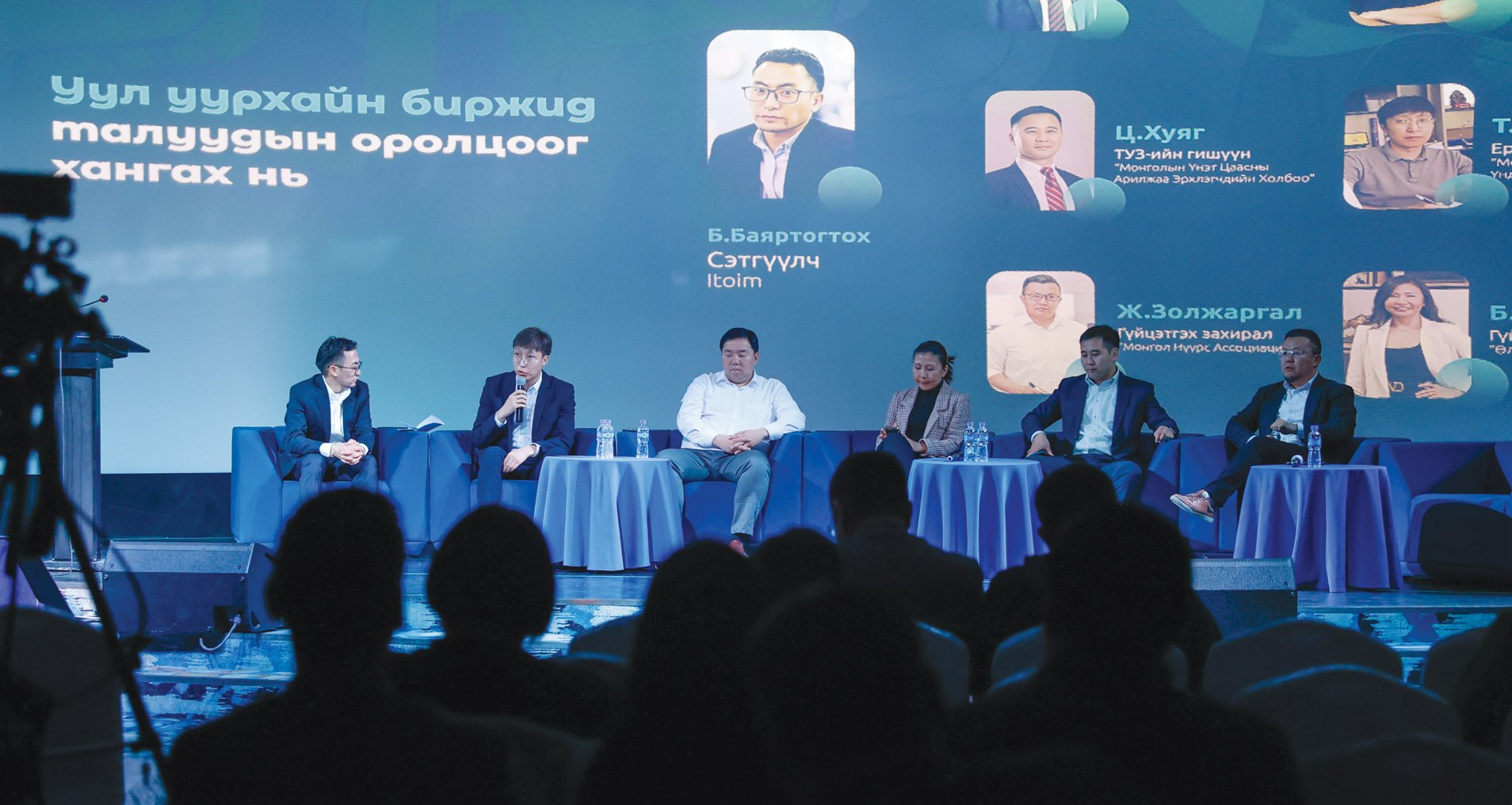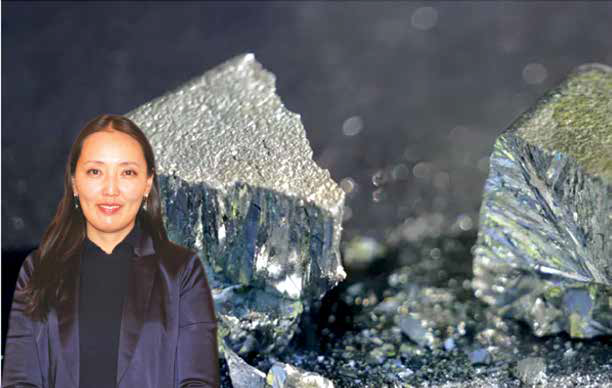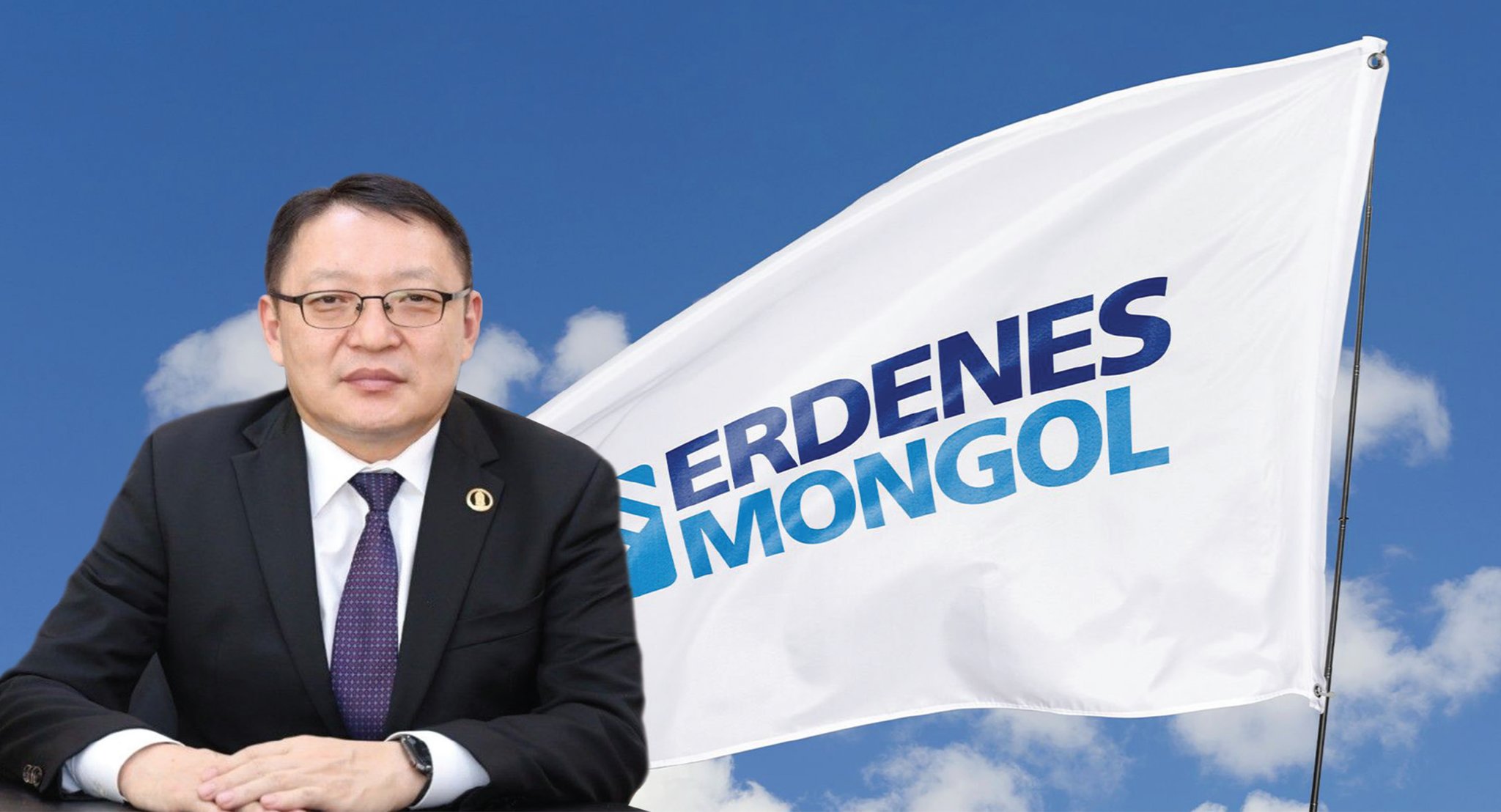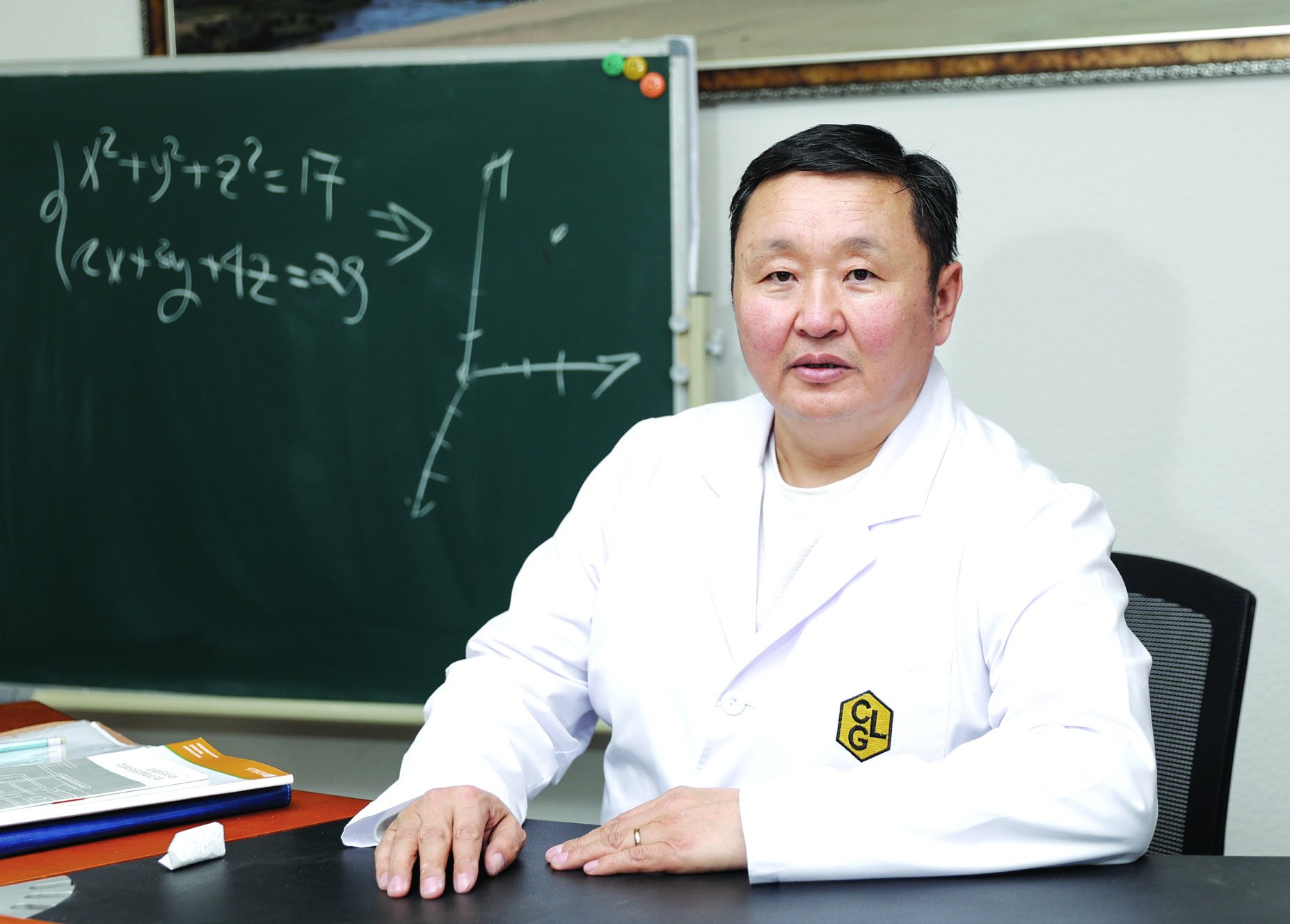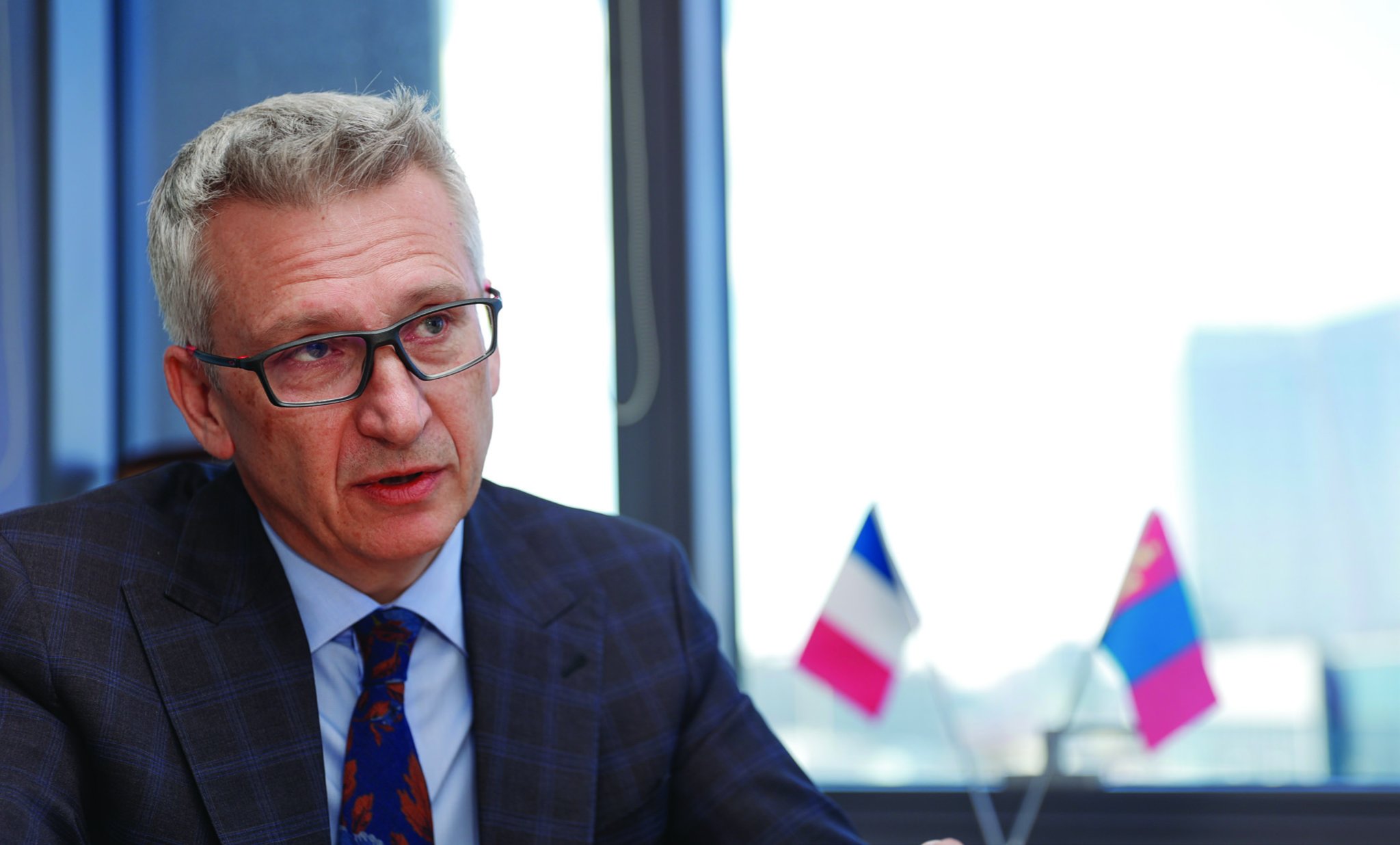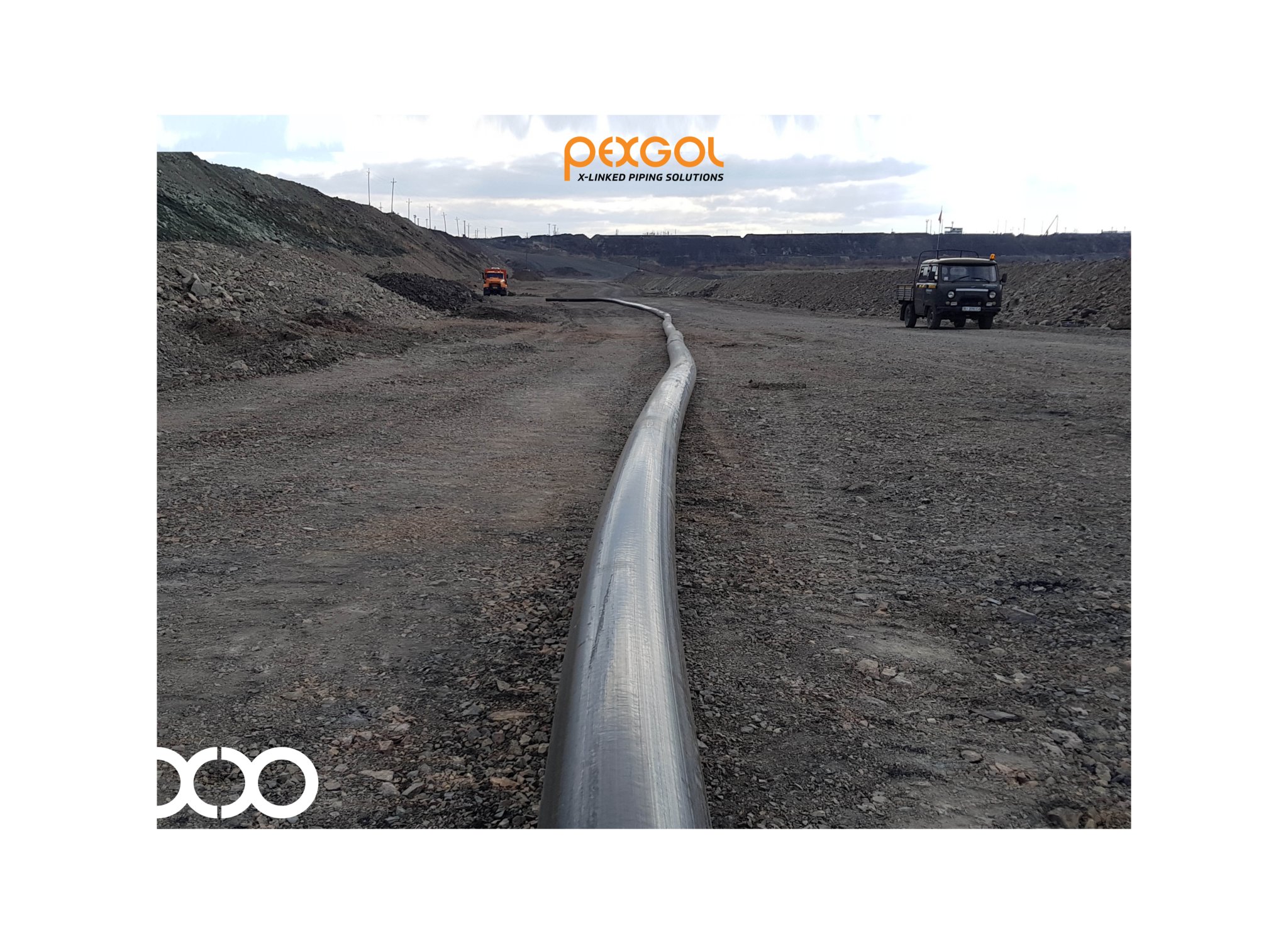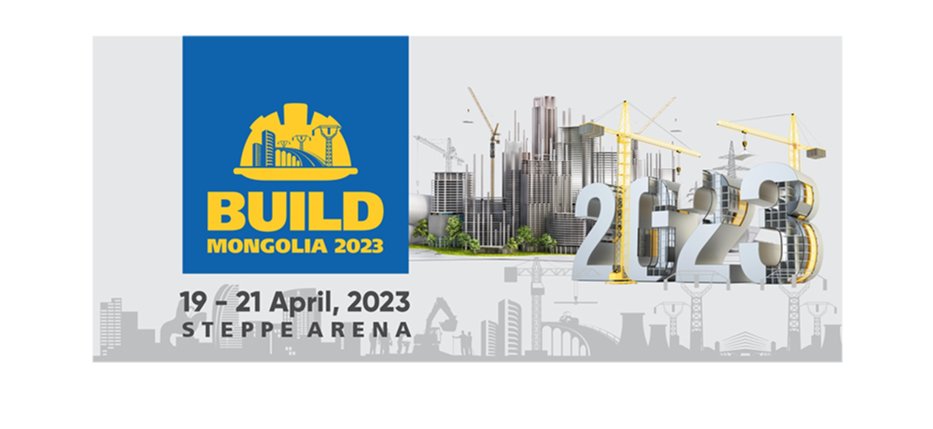Recent news
N. Byambasuren: Our main goal is to support customers through our products and services
The upcoming "Mongolia Mining 2023" international mining and oil expo, now in its 12th year, is set to gather the premier companies from Mongolia's thriving mining sector. In an insightful discussion, I had the privilege of speaking with N. Byambasuren, CEO of Mines Up LLC, silver sponsor of the expo. Mines Up LLC is set to contribute its expertise and innovation to the industry showcase.
THE MONTH WHEN GLOBAL INVESTORS FLOCKED TO MONGOLIA
The “Mongolian Economic Forum - 2023” was held in Ulaanbaatar on 9-10 July. The investment conference was attended by more than 500 guests and representatives, including heads of well-known international investment organizations, economists, experts, and journalists from foreign media. It was organized on the occasion of the Year of Visiting Mongolia, just before the national holiday Naadam, to promote Mongolia and its culture and heritage
Despite setbacks, the Mineral Commodity Exchange has started working
Six months have passed since the draft Law on Mineral Commodity Exchange was finally approvedon December 23, 2022, by a majority vote of all members of Parliament. It had taken a year since the former Minister of Mining and Heavy Industry G. Yondon had presented the draft law at a meeting of the Standing Committee on Economics. On 27 January last year.
Mongolians can export mining-based IT knowledge
As mining continues to be the backbone of our economy, the Law on Mining Products Exchange, to be enacted soon, should incentivise to revenue from this industry. However, the mining exchange system should not be uncertain.
HOW CAN WE ATTRACT GLOBAL MONEY TO MONGOLIA ?
Foreign direct investment in Mongolia peaked in 2011 but fallen precipitously since then. Since the approval of the revised Investment Law in 2013, foreign investment in Mongolia has virtually ceased, with
REFORMING ERDENES MONGOL LLC IS LONG OVERDUE
The company has been in operation for 15 years, but during that time the management has changed nine times, and the company’s charter has been revised twice. However, it was...
N. TEGSHBAYAR: OUR TIME FOR URANIUM MINING IS COMING
Rare earth elements are becoming an important raw material that is attracting a lot of attention around the world. But so far, the reserves of rare earth elements in our country have not been fully determined, and we cannot even conduct exploration.
ATMOR LLC became official distributors for BRUGG Group
ATMOR LLC providing engineering solutions for ventilation, sanitation and piping systems since 2003. With our 20years experience we also introducing new innovations. To pursue our purpose, we signed distribution contract with BRUGG Group. With 4 divisions, 19 production and 32 sales offices,1800 employees of BRUGG Group offered innovative solutions for infrastructures worldwide. Both companies will be participating Build Mongolia 2023 exhibition to introduce 2 products dedicated for the mining industry .
Build Mongolia 2023 Construction, Infrastructure, And Mining Technology Expo will be held on April 19-21 At Steppe Arena
Over 100 of the best companies in the industry will be participating in the expo, showcasing their products and services. Ten countries will be represented by companies such as Alternativa LLC, Magna Tires Singapore Pte Ltd, Amperetex from Russia, Zhengzhou Vanguard Machinery Tech Co., Ltd, and Jiangsu Kingertai New Material Technology Co., Ltd from China. The exhibition will also feature the leading international organizations in the field, presenting their products and services through the Embassy of the United Kingdom of Great Britain and Northern Ireland to Mongolia and the Embassy of the Republic of Poland to Mongolia.
Crypto-Coins and monetary policy
There are two ways to get people to act on their own. The first is to encourage or promise them a reward for taking a certain step. The second is to control or punish them based on fear. Crypto-coin investors are affected in both ways. First, there is the naive expectation that the coins they buy will grow and generate huge profits. Some may have even planned an expensive vacation to the tropics. Second, is the fear of being left empty-handed when everyone says you can buy and sell coins and make lots of dollars.
